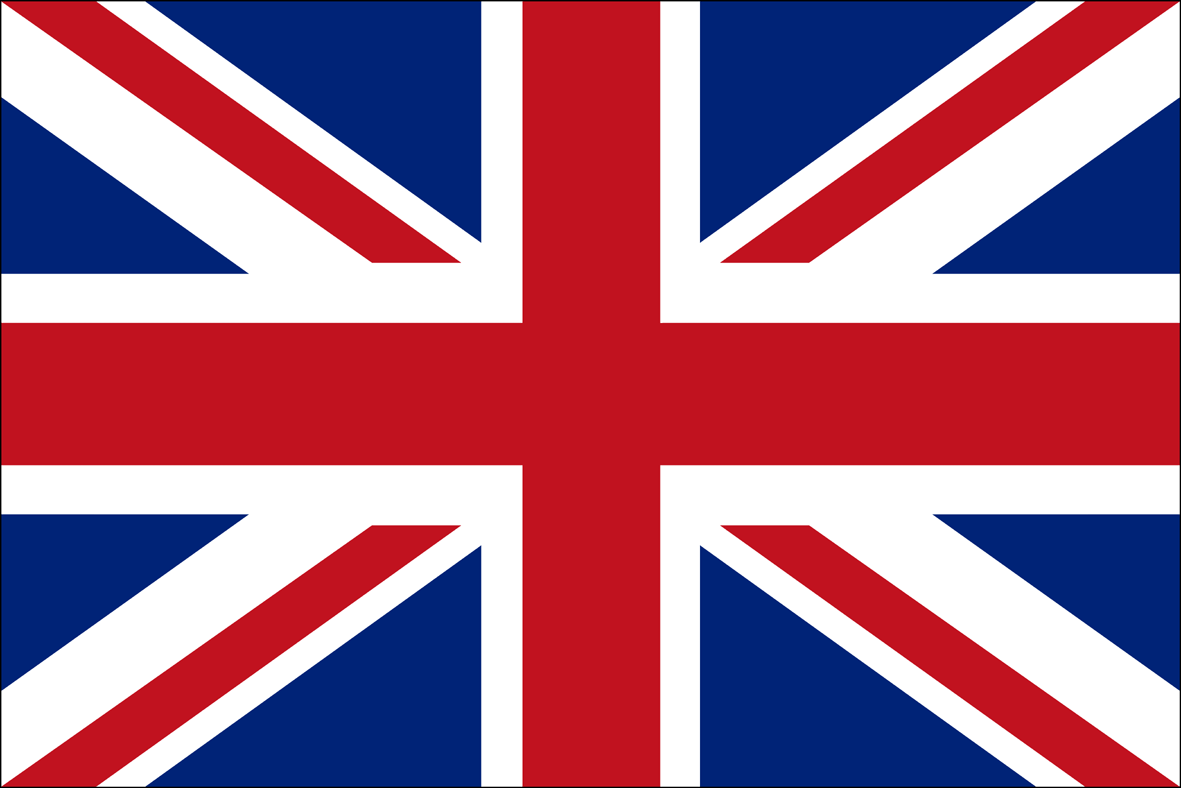The UK Forex License, issued by the Financial Conduct Authority (FCA), allows businesses to legally operate in London, the world’s largest forex trading hub. Here’s a quick breakdown:
- Why It Matters: According to the BIS 2022 Triennial Survey, London accounts for approximately $3.76 trillion in daily foreign exchange turnover across all instruments, making it the world’s largest forex hub.
-
License Types:
- Agency Broker: No client funds, lowest capital needed.
- Limited Trading: Handles limited client funds, medium capital.
- Full Market Maker: Full market-making, highest capital required.
-
Requirements:
- Register a UK-based company.
- Hire qualified staff for compliance and risk management.
- Meet financial stability standards (capital, projections).
-
Application Process:
- Submit documents like business plans, AML procedures, and financial projections via the FCA Connect system.
- Approval takes 3–12 months depending on completeness.
| License Type | Client Funds | Market Making | Capital |
|---|---|---|---|
| Agency Broker | No | No | Lowest |
| Limited Trading | Limited | Restricted | Medium |
| Full Market Maker | Yes | Yes | Highest |
While strict compliance and high costs are challenges, an FCA license permits entry into one of the most regulated and liquid financial markets.
UK Forex License Categories
The UK forex market offers tailored authorizations to suit different business models and operational needs. These authorizations, regulated by the Financial Conduct Authority (FCA), fall into three main categories. Each defines the range of activities a forex business can legally conduct in the UK.
Agency Broker License
This license is designed for companies acting solely as intermediaries in forex transactions. With this authorization, firms can:
- Execute trades on behalf of clients
- Connect traders with liquidity providers
- Process orders without taking positions
- Operate without directly holding client funds
Its primary advantage is lower capital requirements, making it a cost-effective option for new forex businesses. However, operations are restricted to agency-only activities.
Limited Trading License
The Limited Trading License is a step up, offering more flexibility while maintaining some restrictions. It allows businesses to:
- Participate directly in the market under certain limitations
- Handle client funds within specific boundaries
- Benefit from reduced capital requirements compared to full licenses
- Operate within defined trading volume limits
This license is ideal for:
- Small to medium-sized forex firms
- Companies exploring the UK market
- Businesses planning to scale up to full licenses in the future
Full Market Maker License
The Full Market Maker License is the most comprehensive authorization available. It enables firms to:
- Conduct full market-making activities
- Handle client funds without restrictions
- Trade directly against client positions
- Offer a complete range of forex services and products
This license has the highest capital requirements, necessitating substantial financial reserves to ensure stability and compliance.
| License Type | Client Funds Handling | Market Making Allowed | Capital Requirements |
|---|---|---|---|
| Agency Broker | No | No | Lowest |
| Limited Trading | Limited | Restricted | Medium |
| Full Market Maker | Yes | Yes | Highest |
All license types are subject to strict FCA supervision. Choosing the right license depends on your business model, available capital, and long-term goals in the UK forex market.
Next, we’ll cover the specific requirements for obtaining a UK forex license.
UK License Requirements
Here’s what you need to know to successfully apply for a UK license.
Company Setup Rules
Start by registering a UK-based company. You'll also need to submit essential documents, including detailed CVs for directors and shareholders, to showcase their industry experience.
Required Staff Positions
Hire key personnel for roles like executive management, compliance, and risk management. Each of these individuals must provide a detailed CV that outlines their qualifications.
Financial Requirements
You’ll need to prove financial stability with the following:
- Documentation that meets the FCA’s initial capital requirements for your specific license type.
- A three-year financial projection, complete with clear assumptions, a detailed balance sheet, and evidence of capital adequacy.
These steps ensure you're prepared to meet the regulatory standards of the UK forex market.
How to Apply
Getting a UK forex license requires careful preparation. Here's a clear guide to help you through the process.
Pre-Application Steps
Before applying to the Financial Conduct Authority (FCA), make sure you’ve completed these tasks:
- Choose the license category that aligns with your business model.
- Fulfill all company registration requirements.
- Collect necessary documents, including notarized passport copies, utility bills, bank and lawyer references, educational certificates, criminal background checks (dated within six months), and CVs for key personnel.
Application Filing
Once your documents are ready, submit your application through the FCA's Connect system.
- Initial Submission: Provide a complete application package. This includes signed FCA forms, a detailed explanation of your business model, financial projections, anti-money laundering (AML) procedures, a conflict of interest management plan, and documentation on your technology systems.
- Case Officer Assignment: After submission, a case officer will be assigned to your application. They will communicate with you regularly, schedule assessment calls, and may request additional documents or clarifications.
After this, your application moves into the review and approval stage.
Getting Your License
The time it takes to process your application depends on its completeness:
- Fully completed applications for FSMA firms: Around 6 months.
- Incomplete applications: Up to 12 months.
- Applications for payment or e-money firms: About 3 months.
Once approved, you’ll need to meet any conditions set by the FCA, establish your operational infrastructure, implement compliance systems, and finalize your bank account setup.
The FCA will review your operations to ensure you meet all regulatory requirements before finalizing approval.
Pros and Cons
Understanding the advantages and challenges of obtaining a UK Forex License is essential for making an informed choice.
Benefits
- Access to London: Being part of one of the world's leading financial hubs.
- Increased Trust: The FCA's strict regulations help build confidence with clients, tier-1 banks, and institutional partners.
- Strong Support System: The UK's reliable legal framework, advanced infrastructure, clear regulations, and political stability create a solid foundation for operations.
Now, let’s look at some of the challenges that come with this regulatory framework.
Challenges
| Category | Details |
|---|---|
| Regulatory Demands | - Strict compliance requirements - Continuous monitoring and audits |
| Financial Requirements | - High initial capital investment - Ongoing operational expenses - Reserve funds |
| Operational Complexity | - Hiring qualified local staff - Implementing risk management systems - Building technical infrastructure |
Operating under UK regulations requires strict adherence to compliance, significant financial investment, and detailed procedural management.
As the largest forex trading market globally, the UK imposes higher levels of scrutiny and operational expectations. While these hurdles are demanding, they reinforce the prestige of the license and uphold the integrity of the financial market.
sbb-itb-7fe6294
License Maintenance
To keep your UK Forex license active, you must meet the regulatory standards set by the Financial Conduct Authority (FCA). These regulations are designed to uphold the integrity of forex operations.
Ongoing Requirements
The FCA has specific, ongoing compliance obligations that license holders must meet:
| Requirement Category | Key Components | Frequency |
|---|---|---|
| Financial Reporting | - Capital adequacy reports - Financial statements - Transaction records |
Quarterly |
| Compliance Monitoring | - Internal audits - Risk assessments - System testing |
Ongoing |
| AML Procedures | - Customer due diligence - Transaction monitoring - Suspicious activity reporting |
Daily |
| Staff Training | - Compliance updates - AML certification - Operational procedures |
Annual |
Consistent compliance is essential to avoid penalties and ensure smooth operations. Regular internal audits can help confirm that your processes align with FCA requirements.
License Renewal Steps
When it's time to renew your license, follow these steps to stay compliant:
-
Pre-Renewal Assessment
Conduct a compliance review three months before your renewal date. Use this time to update all necessary documentation. -
Documentation Preparation
Collect these materials for your renewal application:- Updated financial statements
- Compliance reports
- AML procedure documentation
- Staff qualification certificates
- Risk management protocols
-
Submission Process
Submit your renewal application using the FCA's electronic system. Double-check that all documents are accurate and up to date.
Failure to comply with these steps could result in fines or even the loss of your license.
Fees and Timeframes
Initial Costs
The Financial Conduct Authority (FCA) determines application fees based on categories tied to the complexity and scope of your operations. These fees, which are non-refundable, range from $337.50 (£270) to $271,875 (£217,500) and must be paid through the FCA Connect system.
| License Category | Application Fee (USD) | Typical Business Type |
|---|---|---|
| Category 1–3 | $337.50 – $1,362.50 | Small agency brokers |
| Category 4–6 | $3,400 – $13,600 | Limited trading firms |
| Category 7–8 | $33,987.50 – $67,975 | Market makers |
| Category 9–10 | $135,937.50 – $271,875 | Full-service providers |
"The application fee is separate from the FCA annual fee, which is paid periodically after authorization".
After paying the application fee, it's essential to understand the ongoing costs for maintaining FCA compliance.
Annual Costs
The FCA also charges annual fees based on the regulated activities your firm undertakes. For firms with total fees exceeding $62,500 (£50,000) in the prior year, the FCA bills 50% of the estimated fee by April 1, with the remaining balance invoiced starting in July. These fees contribute to FCA supervision and other regulatory bodies.
Summary
Securing a UK forex license from the Financial Conduct Authority (FCA) is a major step for brokers aiming to enter one of the world's top forex markets. The UK remains a leader in forex trading, with impressive daily trading volumes.
Here’s what the licensing process involves:
Financial Requirements
- Maintain sufficient capital based on the license type.
- Cover application and regulatory fees.
Operational Framework
- Submit detailed documents like business plans, financial projections, and AML procedures.
- Establish compliance policies.
- Meet staffing requirements with qualified professionals.
Key Benefits
- Operate in one of the largest global financial hubs.
- Gain credibility through FCA regulation.
- Benefit from a stable political and economic environment.
While the process demands significant effort and resources, obtaining an FCA license opens doors to one of the most prominent financial markets. A well-prepared application, adequate funding, and solid operational systems are essential for success.



















